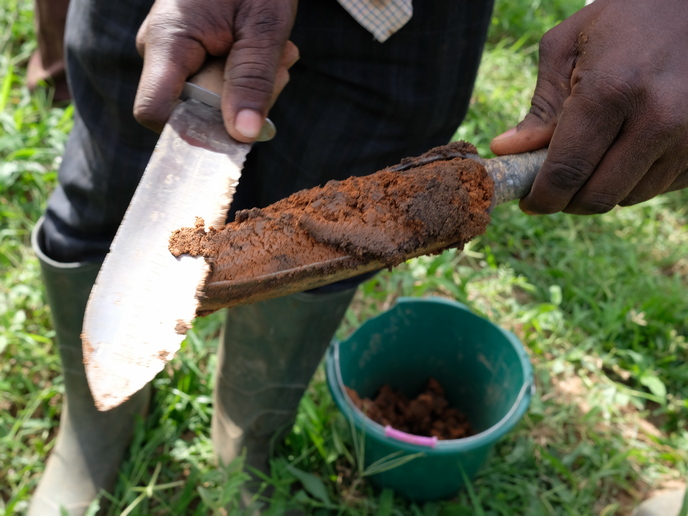Food of the future
As European citizens become more concerned about the quality and safety of the food they consume, EU policymakers are looking at ways to raise standards through organic and low impact food. The EU-funded project Qualitylowinputfood looked at ways to get better food on to Europe's tables. It examined consumer expectations and attitudes, as well as food production methods and systems. A project study of consumer buying behaviours, needs and attitudes regarding safety and quality yielded inconsistent, ever-changing results, based on issues such as personal health, price, ethics and environment. Yet the project found that consumer behaviour had evolved with the market, and that availability was the main barrier to increasing demand. Not surprisingly, the project's research also found that organic food production yielded more nutritious food and less presence of harmful chemicals such as heavy metals, pesticides, mycotoxins and other compounds. Among many other findings, the project also established that use of manure in good farming practices did not pose additional safety risks in ready-to-eat vegetables. With respect to livestock production systems, Qualitylowinputfood provided guidelines to farmers and other stakeholders on improving organic livestock farming, particularly in housing, feeding and management. On another front, the project evaluated alternative sanitising protocols for vegetables and found that ozone could effectively replace chlorine as a disinfectant. Supply chain aspects of transport, trading and retailing were also studied, prompting development of training courses and case studies in Hazard Analysis and Critical Control Points (HACCP) to promote organic agriculture. The project conducted cost-benefit analyses, socioeconomic impact assessments and environmental audits. The latter revealed that organic crop production systems were more energy efficient and produced less greenhouse gas (GHG) emissions. Through its website, newsletter and internet marketing efforts, Qualitylowinputfood has reached out to stakeholders and has begun to bring about positive change in this area.







